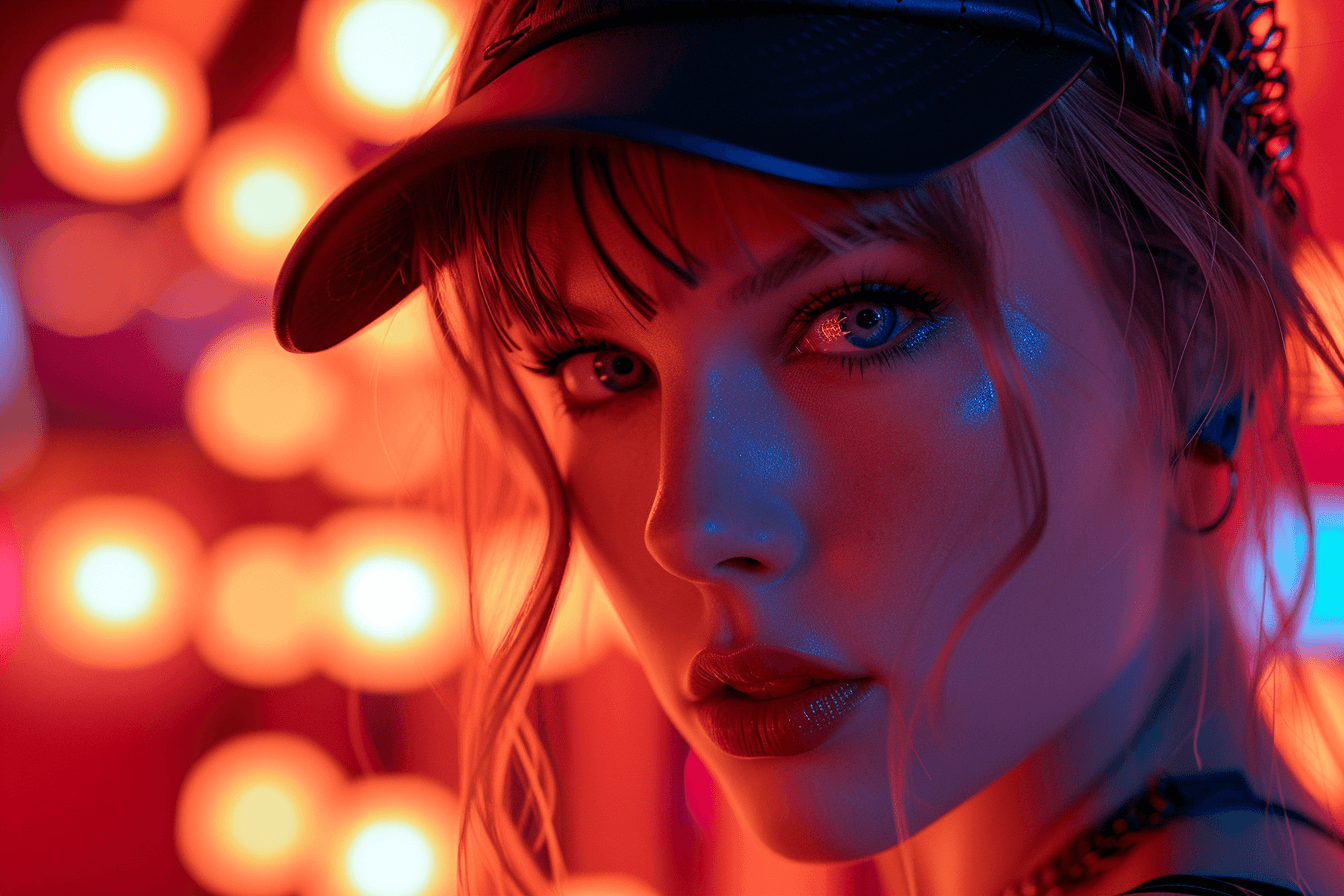American congressmen go to war with deepfake creators. This is especially true of those “photos” that show celebrities and other famous people in intimate poses. Everything is happening due to the spread of Taylor Swift deepfakes. Her “erotic” photos appeared on top social media.
Taylor Swift deepfakes
American media report that Swift's deepfakes have become viral on the Internet. The problem is that these are erotic “photos” of the artist created by AI.
The problem is not new. These types of “photos” have been circulating on the Internet for months, showing famous people in quite ambiguous positions. Thanks to artificial intelligence, it is now possible to create an adult film featuring a famous singer or a popular politician. In times of election campaigns and social tensions, this is a serious threat.
Swift's “photos” are circulating on, among others, X. Although Elon Musk's company assures that it is doing everything it can and removing all such images, the problem is growing. So much so that congressmen want to punish the creators of this type of graphics. While creating an erotic image will be legal, using the image of a public figure in it will be prohibited.
In Great Britain, the above act has been punishable since last year, so the USA will probably follow the British example.
The scale of the problem is revealed by the data from the 2023 report, which shows that most deepfakes posted on the Internet are pornographic content.
The World Economic Forum highlighted the adverse effects of artificial intelligence in its 19th Global Risks Report. The document indicates the intended or unintended negative effects of progress in artificial intelligence.
Weapons in the information war
All of this, as I have already mentioned, is not just about using someone's image. Canada's main national intelligence agency, the Canadian Security Intelligence Service, recently expressed concern about disinformation campaigns taking place online today. She pointed especially to those that use deepfakes generated by artificial intelligence.
In turn, in a report of June 12, the United Nations emphasized that media generated by artificial intelligence pose a significant and pressing threat to the integrity of information, especially on social media. The UN said the risk of disinformation online has increased due to rapid technological advances, especially in generative artificial intelligence, with a particular focus on deepfakes.
And in fact, it is not difficult to imagine a very realistic deepfake of, for example, a presidential candidate in an intimate situation. Further development of AI will mean that voters will not be able to easily answer the question whether what they see is a real photo or just a creation of artificial intelligence. In this way, you can easily discredit well-known politicians who, for example, pursue policies that are inconsistent with the interests of a hostile power.

